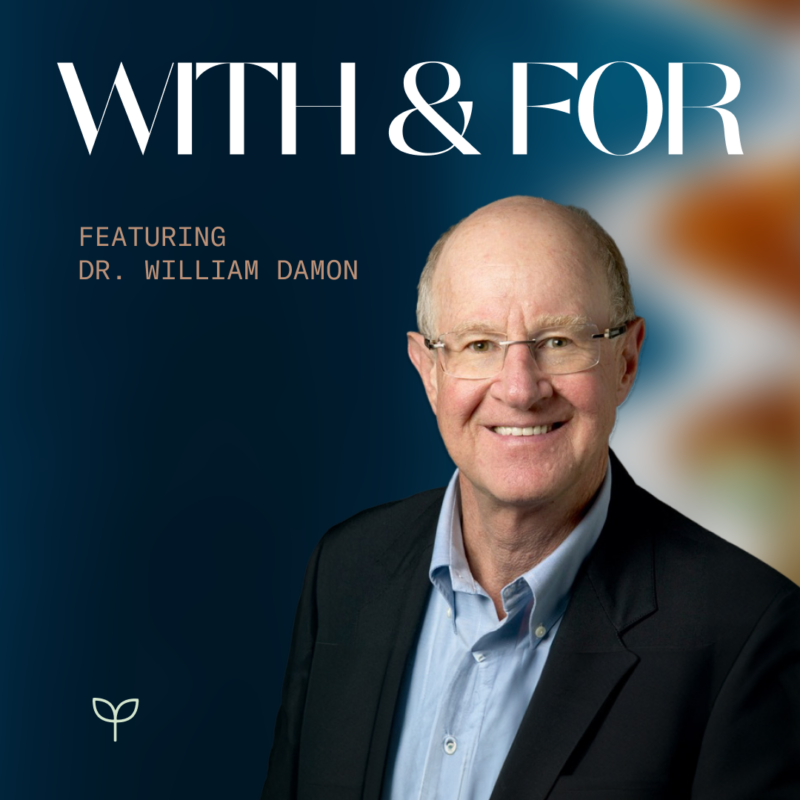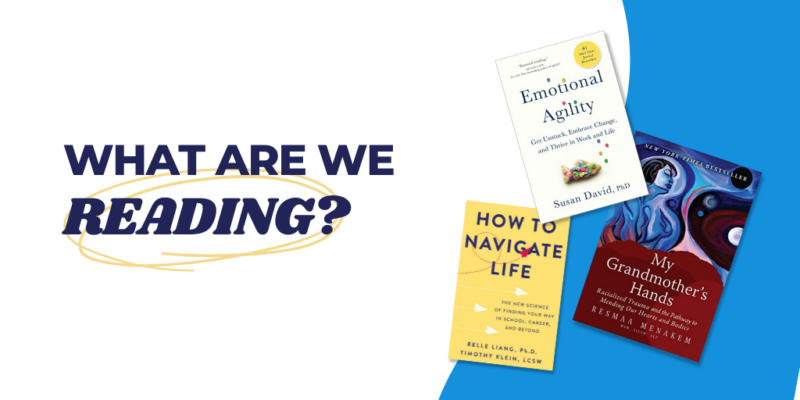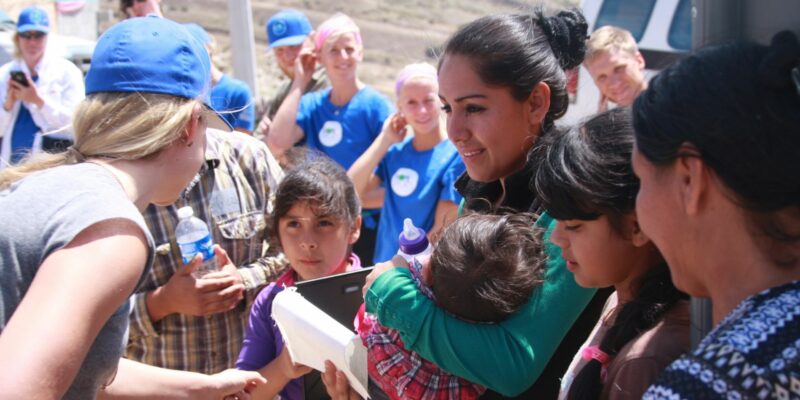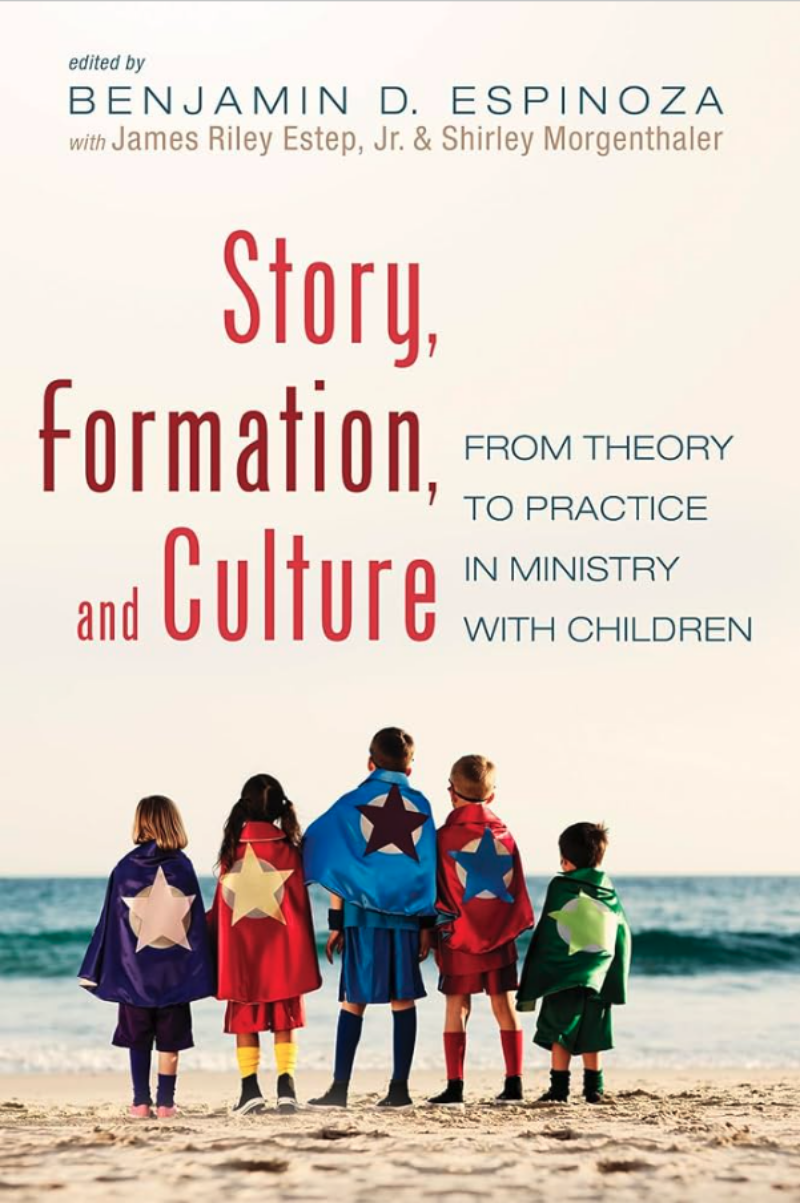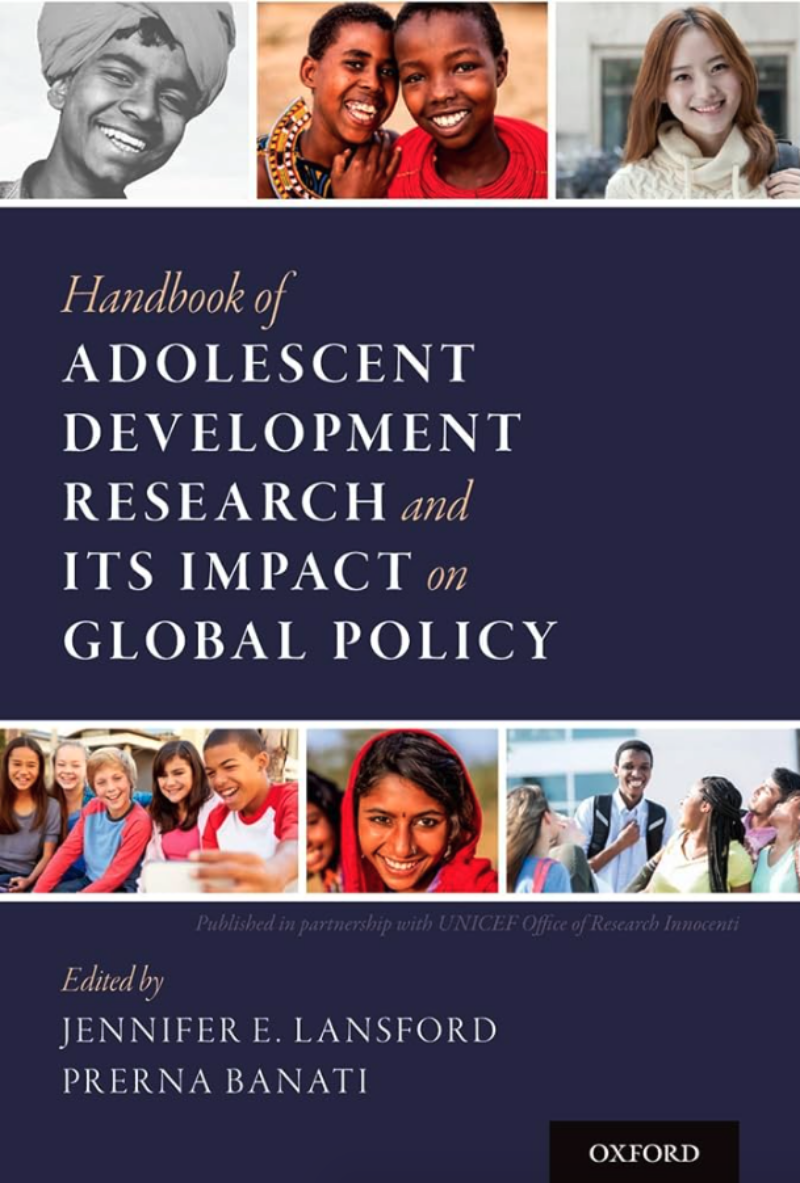Purpose reflects our intentional engagement with the world.
The longing for purpose can be felt in the heart of each and every human. We all have strengths that yearn within us to be expressed and validated in our relationships, jobs and vocations, and spirituality. Purpose guides who we are becoming, and a purposeful journey deepens our connections to our communities and the work of our lives. Feelings of purpose can infuse us with a spirit of readiness and joy, enthusiastically embracing the rewarding possibilities each day may hold. These feelings are not only a result of knowing we are in pursuit of a fulfilling purpose, but understanding that our giftings play a pivotal role in a greater story—something bigger than ourselves. Researchers in the field of psychology see purpose as a “north star,” a guiding light that helps us walk down a meaningful path, offering a role to play in a greater story. Pursuing our path of purpose orients our lives in meaningful ways that connect us to God and others. How do you understand your sense of purpose? Do you see your part in a greater story?
A curated content list
Discover more about vocation and purpose
29 Content Resources
A curated content list
Discover more about Thrive's research
11 Content Resources

Get Started
Life off Autopilot (Part 1): The Power of Purpose
Finding purpose can be a process and a spiritual practice in itself.
Dive Further

Ethics & Virtues
Our beliefs about love and how we live out love through values, views of right and wrong, and cultivating virtuous habits.

Identity & Narrative
Growing in clarity about who we are as a beloved, unique, embodied person and how we are related to others and the greater world.

Relationships & Community
Connections provide a space of belonging where we can be fully known to ourselves and others and learn to give and receive love.

Habits & Rhythms
Healthy spiritual practices and regular rhythms allow us to slow down to gain insight, connect to love, and energize into purposeful endeavors.

Transcendence & Spirituality
Awareness of and connection to a source of invigorating love inspires purpose. For many this is God, for others it may be a higher power or nature.
